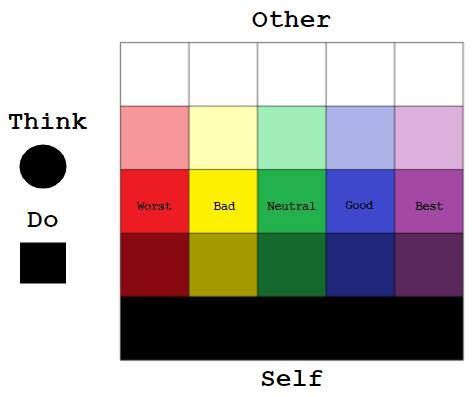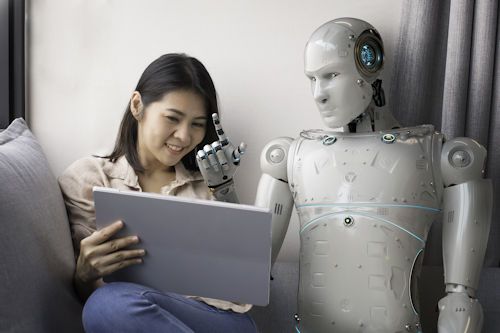I have the honor of being a guest on the USTP Enlightenment Salon today, many thanks to Gennady and David for the invitation.
I was a Linux sys/net admin.
I was never interested in politics until it became IMPOSSIBLE to avoid. Every action or inaction is now a political statement in some people’s minds. That’s a terrible state of affairs that has been imposed on us. So I put my hacker hat on and went to work to discover why there exists an abject division on truth and morals and how politics became the catalyst for the phenomenon.
I’ll be discussing the roots of my theory: Physix, a mathematical model for thought and behavior. The political derivative is the Q-vote. It’s a novel approach to democracy.
Nell Watson (https://www.nellwatson.com/) will be using a derivative of Physix for machine learning and ethics on https://www.ethicsnet.org/, but I think the most interesting quality of Physix is it’s commercial value. It codifies the decision process: Q-Logic.
Every action or thought can be assigned one of 525 unique patterns on this 5×5 grid. 13,125 if you add voice. Economics, psychology, philosophy, religion, politics and every conceivable imaginary or spacetime event fits. Psychohistory. The matrix has been hacked.
Physix gives AI a finite vocabulary to analyze the infinite chaos of life and imagination. The patterns can be compared to both physical and psychological results, solve for the most preferred.
It’s odd to me that Youtube HASN’T thought of color ratings to highlight videos, Zoom could integrate it with their platform to rate conversations and for meetings. It could be used with any human interaction to rate quality of communication.
The key to real world solutions is that I present this as Open Source Human Nature. Free. Where there is commercial value derived, 10% of the profit/efficiency gained will go to a fund where the money will be spent 100% publicly and tracked (using the same polling system) over time to find the most efficient way to make people happy. I’m looking forward to working with the USTP on the political side, on the AI side Nell Watson is just dipping her toe in the water, I’m looking for a capable AI group to integrate the idea. David Kelley from what I can tell has done all the deep research, my idea is just a different tool to bring it together. I have a programmer, an investor waiting to hear from someone in the field to say they are interested in tackling this.
From all the interactions I’ve had, the USTP is the most progressive, rationally minded group I’ve found. I believe the people involved with this Party would be the best to understand the implications and help me navigate the shark infested waters of politics, NGO’s, Big Tech and Academia.
It’s a new world, AI has a new tool to analyze us and become an ally, this renders the current political paradigm an ancient, sclerotic remnant of brute force mass persuasion for power and money.
It’s time for a paradigm shift of consciousness, aided by AI. The USTP is uniquely suited to bring this to the political forefront.
USTP: Let’s go.


















